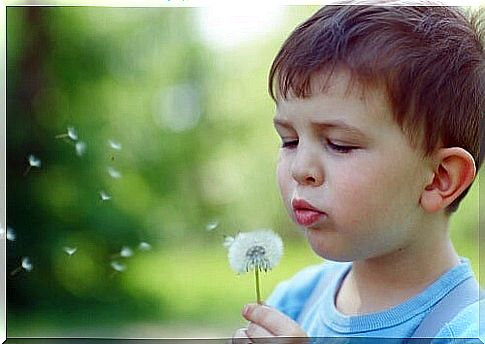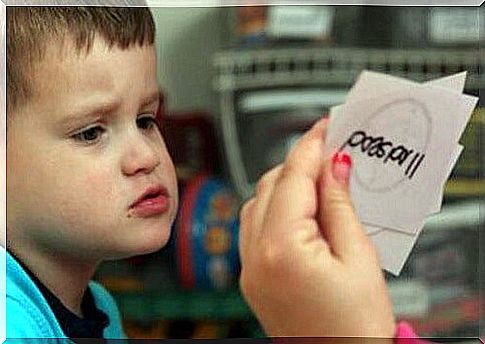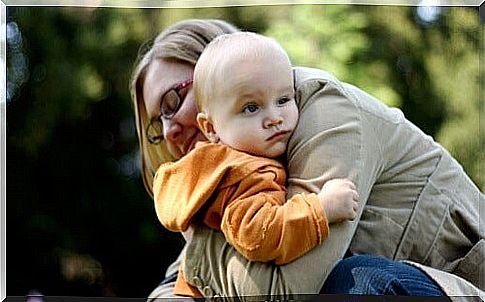Autism Day: We Believe In A World Based On Inclusion And Tolerance

On April 2nd we celebrate World Autism Awareness Day.
All fathers and mothers charged with raising and educating a child diagnosed with this disorder know that it is not easy, that it is hard, but that personal triumphs still provide them with daily stimulation.
Autistic Spectrum Disorder (ASD) is diagnosed in one in every 68 people. However, and considering the wide degree to which it can affect each individual, we may have adults who receive their diagnosis at a very advanced age.
We are facing a neurodevelopmental disorder characterized above all by the alteration of social interaction and communication, which needs, above all, to be detected as soon as possible to help the child to develop to the maximum of their abilities.
The main purpose, as in all cases, is to facilitate their total inclusion so that they can lead a happy life, as autonomous as possible, feeling part of society. Therefore, it is necessary that we are all aware.
Autism and the need to “make the invisible visible”
For a family, it’s never easy to get to correlate their child’s particularities with autism. Expert and patient associations tell us that many parents may think their children have a hearing problem or a very difficult personality.
Therefore, as parents, we must be very observant and sensitive to the following characteristics, which could be the first clues to autism spectrum disorder.
first symptoms
- The child does not maintain eye contact.
- She cries for no apparent reason and it is very difficult to calm her down.
- When the baby reaches 3 months, it is normal for him to respond to the “social smile”. However, the autistic child does not demonstrate this very important gesture.
- Does not respond when we call him by name.
- They don’t imitate, and when they play, they spend a lot of time lining up toys.
- It takes a long time to acquire communication skills. They can reach two years old speaking just four words.
- Do not respond to orders.
- They are uncomfortable with loud or unexpected sounds, as well as with certain colors, textures or even flavors.
- They may have some delay in walking, as well as in fine motor skills.
- They may have sleep, eating, sphincter control disorders…

Aspects that society should know about children with Autism Spectrum Disorder (ASD)
Many people may think that autistic children are geniuses with antisocial behaviors. This is not correct; this rule does not always apply.
No autistic child is alike. Depending on the degree you are in, you will have more or less limitations, attitudes or aspects to improve.
- There are people who reach adulthood without knowing they are on the autism spectrum. Despite feeling different, especially in the social sphere, they learned to adapt, but experiencing many daily difficulties without knowing why.
- Autistic children are not geniuses. Sometimes, they can show a remarkable aptitude for an area: drawing, mathematics… However, there are also children with very serious limitations, in which they do not even develop communicative skills.
- Another fact that we must take into account about autism is that, currently, the etiology is not known. For a time, it was thought that the cause of autism was due to the educational pattern of the family. Something completely fake.
There is a false myth that we must also discard. Autistic children neither avoid affection nor hate physical contact. Most are very attached to their parents and suffer from social rejection like any of us.
Autistic children have emotions and therefore we should facilitate their inclusion, recognition and happiness.

Integrating the autistic child is everyone’s job
We are all educating agents in our society. It is essential to act as facilitators in our closest contexts so that everyone feels integrated, valued and respected.
- First, we need families to have access to all the information and resources with which to understand and satisfy their children’s needs.
- Secondly, in schools, it is not enough to attend to their “educational particularities”. We need to go a step further and practice inclusion, that is, getting the autistic child to live as normal a life as possible in the classroom.
- In turn, other institutions, such as health and labor, must be sensitive to autistic children. Each person is a world and has its own peculiarities.
If we serve them correctly, they can be people with great potential (although, unfortunately, and according to data from the associations themselves, 80% of them are unemployed).
Therefore, it is necessary to be aware and receptive to this and other groups so that we make our world a place where we are all important. Where each person counts.









